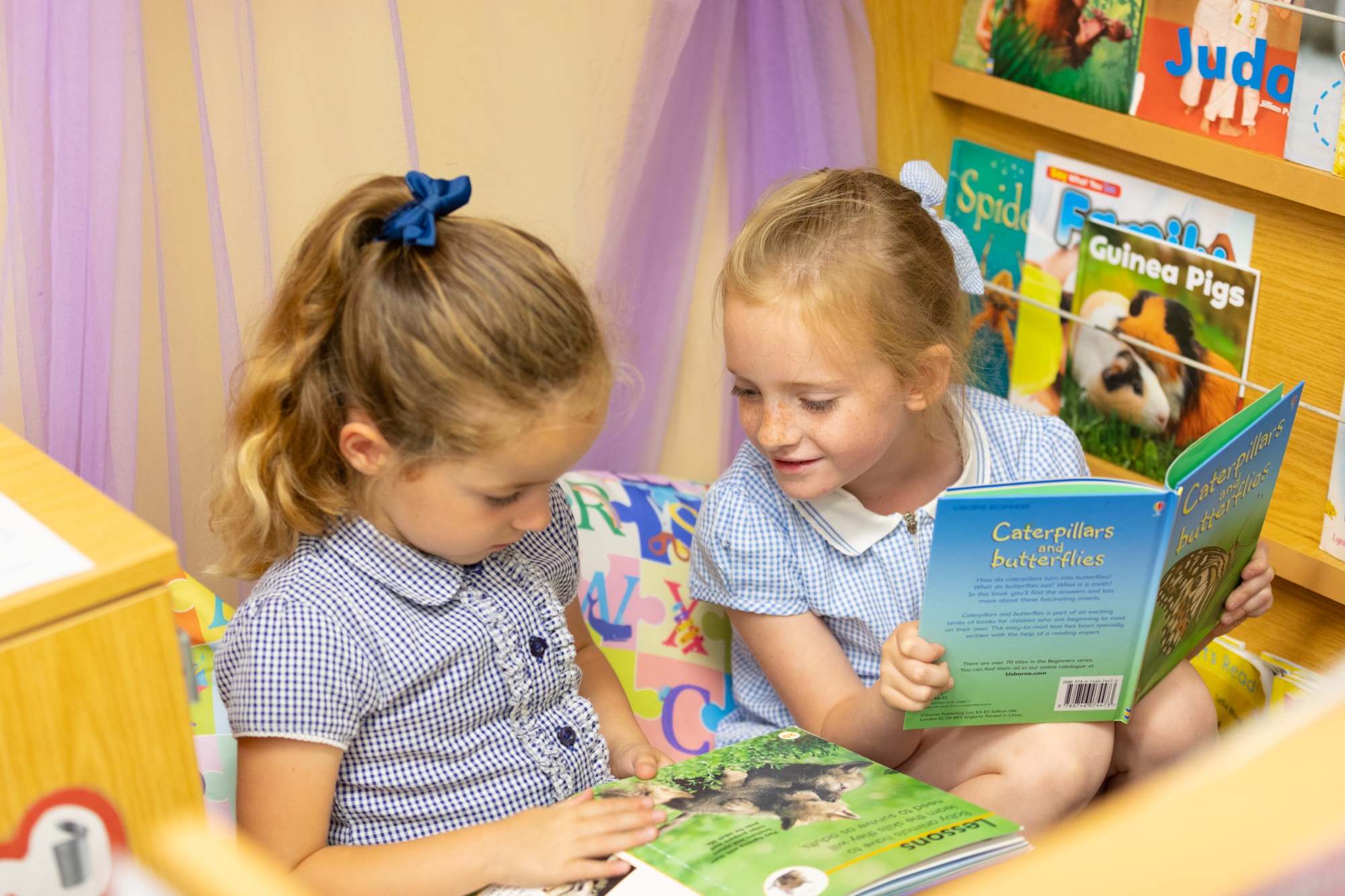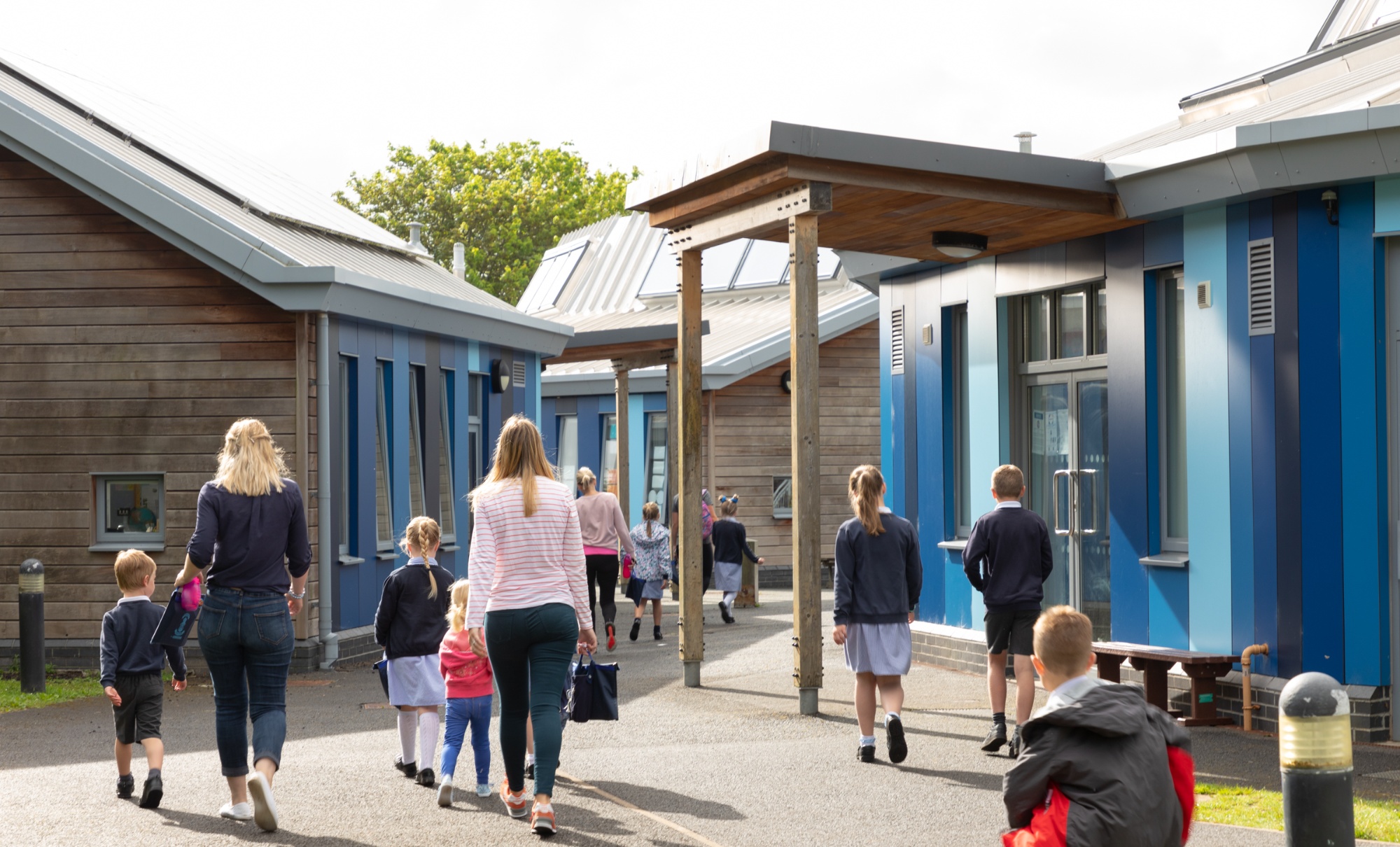Safeguarding Information
Safeguarding
Keeping your children safe is our highest priority here at Boringdon Primary. The health, safety and well-being of every child is at the forefront of everything we do.
We will ensure all policies and procedures in respect of safeguarding children are up-to-date and in line with Keeping Children Safe in Education 2022. Please find below our policies on Safeguarding.
Disclosure & Barring Checks
Westcountry Schools Trust meets statutory requirements in relation to Disclosure & Barring Service – all staff and volunteers who work with WeST who meet the ‘regulated activity test’ (Freedoms Act 2012) is required to undergo an enhanced DBS check prior to employment.
Training
All eligible staff and volunteers are required to undertake relevant safeguarding training enhanced with regular updates throughout the year. A training database for all staff and volunteers is maintained, while training needs are reviewed as part of individual performance reviews.
Each school has a named Designated Safeguarding Lead (DSL) – ours is the Headteacher, Mr Stace. We have three deputies (DDSL) all of whom are part of the School’s Leadership Team, they are the Deputy Head (Mr John Secker), one of our Assistant Heads (Mrs Sarah Thomas) and the SENCO (Mrs Helen Connett). All are specially trained in Child Protection procedures.
We follow Safer Recruitment Guidelines when appointing new staff, volunteers and Governors.
Useful Websites
Plymouth Safeguarding Children Partnership http://www.plymouthscb.co.uk/
Plymouth Online Directory (information regarding safeguarding Children) https://www.plymouthonlinedirectory.com/article/2796/COVID-19-Safeguarding-Children-and-Young-People
NSPCC General (Helpline number General 0808 8005000 Sexual Harassment in Schools 0800 136663) https://www.nspcc.org.uk/
National Online Safety Guides for families https://nationalonlinesafety.com/guides
Prevent Duty
Prevent Duty – information for Parents
What is the Prevent strategy?
Prevent is a government strategy designed to stop people becoming terrorists or supporting terrorist or extremist causes.
The Prevent strategy covers all types of terrorism and extremism, including the extreme right wing, violent Islamist groups and other causes.
How does the Prevent strategy apply to schools?
From July 2015 all schools (as well as other organisations) have a duty to safeguard children from radicalisation and extremism.
This means we have a responsibility to protect children from extremist and violent views the same way we protect them from drugs or gang violence.
Importantly, we can provide a safe place for pupils to discuss these issues so they better understand how to protect themselves.
What does this mean in practice?
Many of the things we already do in school to help children become positive, happy members of society also contribute to the Prevent strategy.
These include:
• Exploring other cultures and religions and promoting diversity
• Challenging prejudices and racist comments
• Developing thinking skills and a strong, positive self-identity
• Promoting the spiritual, moral, social and cultural development of pupils, as well as British values such as democracy
We will also protect children from the risk of radicalisation, for example by using filters on the internet to make sure they can’t access extremist and terrorist material, or by vetting visitors who come into school to work with pupils.
Different schools will carry out the Prevent duty in different ways, depending on the age of the children and the needs of the community.
Frequently Asked Questions
How does Prevent relate to British values?
Schools have been required to promote British values since 2014, and this will continue to be part of our response to the Prevent strategy.
British values include:
• The rule of law
• Individual liberty and mutual respect
• Tolerance of different faiths and beliefs
Isn’t my child too young to learn about extremism?
The Prevent strategy is not just about discussing extremism itself, which may not be appropriate for younger children. It is also about teaching children values such as tolerance and mutual respect.
The school will make sure any discussions are suitable for the age and maturity of the children involved.
Is extremism really a risk in our area?
Extremism can take many forms, including political, religious and misogynistic extremism. Some of these may be a bigger threat in our area than others.
We will give children the skills to protect them from any extremist views they may encounter, now or later in their lives.
KEY TERMS
Extremism – vocal or active opposition to fundamental British values such as democracy, the rule of law and tolerance of different faiths and beliefs
Ideology – a set of beliefs
Terrorism – a violent action against people or property, designed to create fear and advance a political, religious or ideological cause
Radicalisation – the process by which a person comes to support extremism
Operation Encompass
Operation Encompass
Being part of this project means that our school will receive a notification from the police before the start of the next school day when a child or young person in our school has been involved or exposed to a domestic abuse incident the previous evening. Click on the following links for information.








